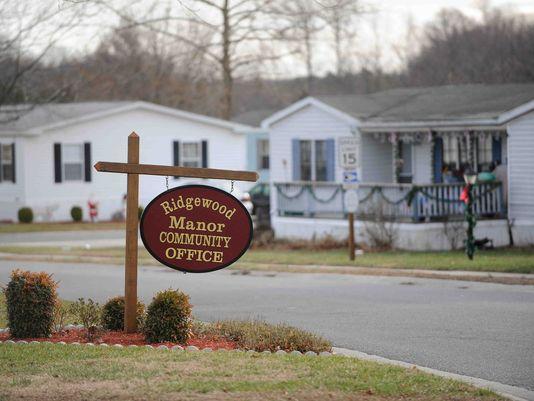
The Delaware Manufactured Home Relocation Authority (DMHRA) was created by the Delaware Legislature in 2004. The purpose of creating the fund was to help homeowners who live in a land lease community defray the cost of moving if their parks are sold for redevelopment.
From the very beginning, the DMHRA was allowed to impose a $3 fee on each manufactured home lot in the state. The Authority’s establishing statute ordered its board to “adopt an adjusted assessment on or before Jan. 31, 2006.” If the board didn’t do that, the statute said, “The board shall eliminate the fee in its entirety.”
The quick “secret” vote on this matter has been declared illegal and the action created by the vote is also considered illegal.
Ridgewood Manor, a manufactured home community, filed a suit in May 2013, making the case that the Relocation Authority had been collecting a $3 fee from community owners without proper legal authority for years.
As plaintiff, Ridgewood Manor alleged that the decision-making process was so flawed – in violation of open-meetings laws, and done without any “meaningful analysis” of whether charging $3 made sense – that the fees the Authority collected from it after 2006 were “continuing, unlawful collections.”
As the lawsuit shows, the DMHRA’s secretary emailed the board members on the afternoon of Jan. 31, 2006, asking them to “respond as a vote on whether you approve the reinstatement of the $3 fee.”
The nine unpaid members of the government-appointed board, without holding a public meeting and without public notice that they would take action on the statewide fee, one by one, sent in “yes” replies.
As a result, the Relocation Authority carried on charging the $3-a-lot fee.
The News Journal tells MHProNews that Vice Chancellor John W. Noble raised the possibility of the refund in a Dec. 31 opinion on the lawsuit filed by Ridgewood Manor, against the DMHRA.
If the company wins class-action status for its complaint, Noble’s ruling means as much as $400,000 of the $6.5 million in the DMHRA trust fund might be ordered given back as refunds, said Mitch Crane, chairman of the DMHRA board. He was not a member of the board in 2006.
“There was no meaningful opportunity for the members of the Board to exchange opinions on the specific topic of whether each ‘approved the reinstatement of the fee’ prior to the individual votes,” Noble wrote.
Noble’s ruling, though, said the plaintiffs can’t ask for refunds of fees they paid before they filed their lawsuit on May 6, 2013. Only the fees collected between that date and April 2014 are potentially recoverable.
“The court recognized what our client has claimed all along: The Authority has been unlawfully collecting millions in dollars in fees,” said John Paradee, the attorney representing Ridgewood Manor. “The remedy is still in question.”
Some key questions in the lawsuit are still unresolved. While Ridgewood Manor is seeking to get class-action status for its suit – potentially making it apply to every manufactured home landlord in the state – both sides agreed to ask the judge to put that question aside for now.
Noble’s ruling said he wanted to hear more from Ridgewood Manor and DMHRA on whether the Authority’s limited immunity from lawsuits, written into its charter by the General Assembly, would protect it from this complaint. ##
(Photo Credit: Wilmington News Journal)

